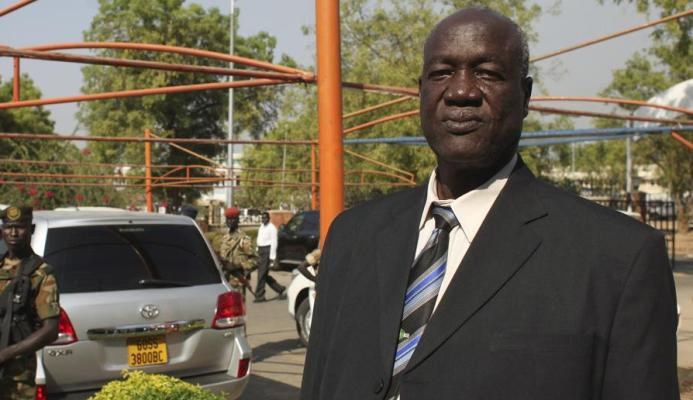Sudanese rebels given ultimatum to leave South Sudan

October 24, 2016 (JUBA)- South Sudan government has given Sudanese rebels within the young nation’s territory to leave the country within 30 days, contrary to its earlier denials that it hosted and supports armed dissidents opposed to the Khartoum regime.
The South Sudanese defence minister, Kuol Manyang said government was fully committed to respecting and implementing non-aggression pact, which it signed with neighbouring Sudan.
The deal, Manyang said, demands that the two nations take no military action against each other. It also prevents hosting, arming, training and providing any logistical supports to any hostile armed group operating with the ambition to advance their cause through violence to destabilize the security situation of the other.
“The government is fully committed to implementing the non-aggression agreement which we have signed with Sudan. Because of this and to show our full and sincere commitment to respecting it, we have given armed groups from Sudan fighting Sudanese government to leave at the end of November”, he said on Monday.
“We expect the Sudanese government to do the same because there are rebels we know operate in Sudan. Riek Machar declared his war on the people of South Sudan from Khartoum. We have the document”, he added, without additional comments.
War-torn South Sudan seceded from its northern neighbour in July 2011.
Relations between Sudan and South Sudan have been strained despite having signed the peace accord, with each country accusing the other of backing rebel movements in both nations.
Observers, however, lasting peace and stability can only prevail in the two countries with the active involvement of influential countries from outside and within the region.
This support, they have argued, would need countries like the United States, key allies and partners such as France, the United Kingdom, China, the European Union, the United Nations, and the African Union, to commit adequate diplomatic and financial resources to champion a major peace initiative for both Juba and Khartoum.
(ST)
